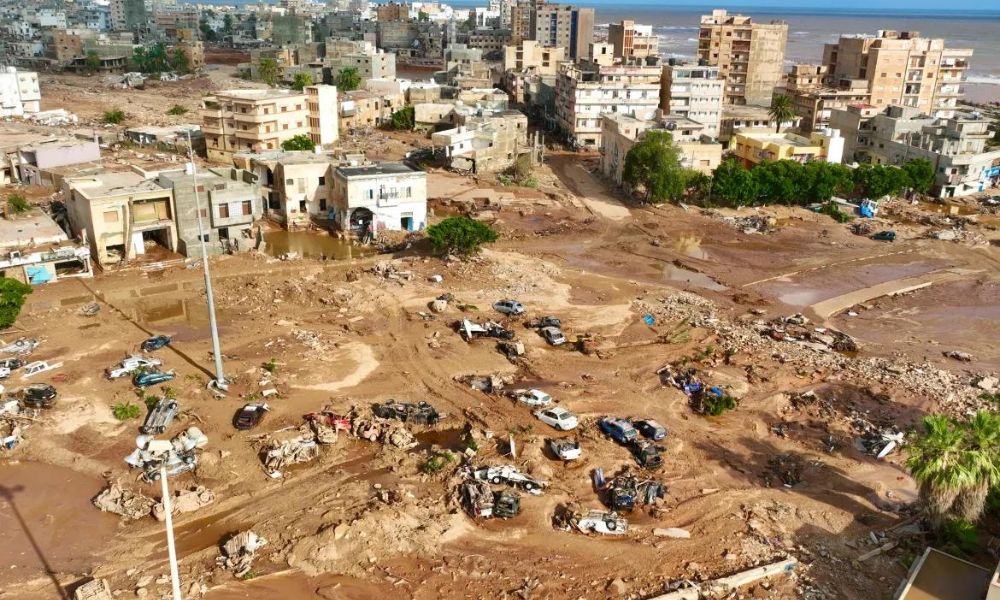
The Libya floods of September 2023 were a devastating event that had a profound impact on the country.
The floods killed over 5,000 people, displaced tens of thousands more, and caused billions of dollars in damage to infrastructure.
The floods also had a significant impact on the Libyan economy and environment.
In the wake of the floods, it is important to reflect on the lessons that can be learned from this disaster.
These lessons can help us to prevent future floods and to be better prepared to respond to them when they do occur.
|
Are you a Tax Lawyer in USA? |
Early warning systems can give people time to evacuate before a flood strikes. This can save lives and reduce the destruction of property. The Libya floods highlighted the importance of early warning systems, and the Libyan government should invest in improving its early warning capabilities.
The Libya floods also showed the need to strengthen infrastructure, such as dams and bridges. Many of the dams in Libya are old and in need of repairs. The Libyan government should invest in strengthening infrastructure to make it more resistant to flooding.
The Libya floods also highlighted the importance of disaster preparedness. The Libyan government should develop a comprehensive flood preparedness plan that outlines how it will respond to floods when they do occur. The plan should include measures such as evacuation plans, stockpiles of food and water, and medical supplies.
Climate change is making extreme weather events, such as floods, more frequent and severe. The Libya floods are a wake-up call to the world that we need to do more to address climate change. The Libyan government should take steps to reduce greenhouse gas emissions and to invest in renewable energy.
The international community also has a role to play in helping Libya to prevent future floods and to recover from the current floods. The international community can provide financial assistance and technical expertise to help the Libyan government implement the measures outlined above. The international community can also work to help Libya address climate change.
The Libya floods are a tragedy, but they also offer an opportunity to build a more resilient future. By working together, the Libyan government and the international community can help to protect the lives and livelihoods of the Libyan people from the devastating impacts of floods and other extreme weather events.
There are a number of things that can be done to prevent future floods in Libya, including:
The Libyan government and the international community can work together to prevent future floods in Libya by implementing the measures outlined above. By taking steps to prevent future floods, we can protect the lives and livelihoods of the Libyan people.
The Libya floods of September 2023 were a devastating event, but they also offer an opportunity to learn and improve. By taking steps to prevent future floods and to be better prepared to respond to them when they do occur, we can protect the lives and livelihoods of people all over the world.